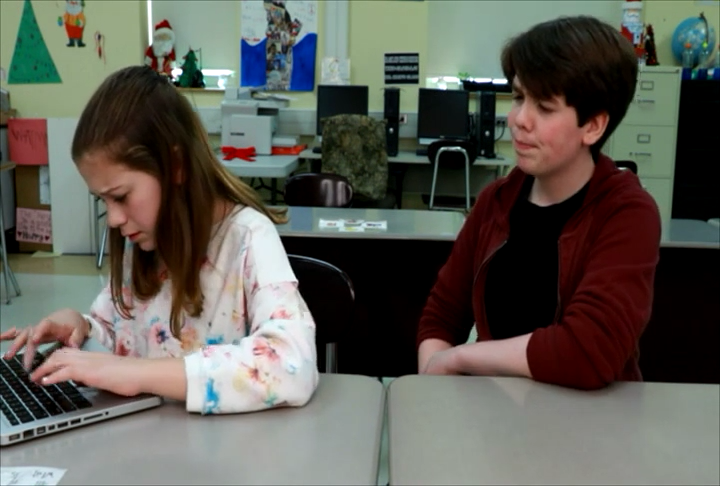Introduction
Observation skills are essential for students to navigate the social world effectively. By using their eyes to observe others, students can learn to pick up on social cues, understand emotions and thoughts, and respond appropriately. This blog post will guide educators in teaching observation skills to students in special education through a no-prep activity, discussion questions, and related skills. Additionally, we will provide next steps to access free sample materials to further assist in teaching these valuable skills.
No-Prep Activity: Observe and Guess
This simple activity requires no preparation or materials and helps students practice using their eyes to observe others. Begin by having students pair up. One student will act as the observer while the other will be the subject. The subject will silently think about an emotion, an object, or a situation. The observer will then use their eyes to observe the subject’s facial expressions and body language to guess what the subject is thinking about.
After a few minutes, have the pairs switch roles. Encourage students to share their observations and guesses with the class. This activity promotes active listening, empathy, and social awareness as students learn to interpret nonverbal cues to understand the thoughts and emotions of their peers.
Discussion Questions
- Why is it important to use our eyes to observe others in social situations?
- How can observing someone’s facial expressions and body language help us understand their thoughts and feelings?
- What are some challenges you might face when trying to interpret nonverbal cues from others? How can you overcome these challenges?
- Can you think of a time when you successfully used observation skills to understand someone’s thoughts or feelings? How did it impact your interaction with them?
- How can improving our observation skills help us become better friends and classmates?
Related Skills
Beyond observation skills, students can benefit from learning other social-emotional skills that contribute to successful social interactions. Some related skills include:
- Active Listening: Paying close attention to what others are saying, both verbally and nonverbally, to show empathy and understanding.
- Empathy: The ability to put oneself in another’s shoes and understand their feelings and perspectives.
- Self-Awareness: Recognizing one’s own emotions, thoughts, and values, and understanding how they influence behavior.
- Conflict Resolution: The ability to manage disagreements and resolve conflicts in a constructive manner.
Next Steps
To further support your students in developing observation skills and other social-emotional skills, sign up for free samples of our engaging and effective materials at Everyday Speech. These resources are designed to help educators teach students essential skills for building positive relationships and navigating social situations with confidence.






